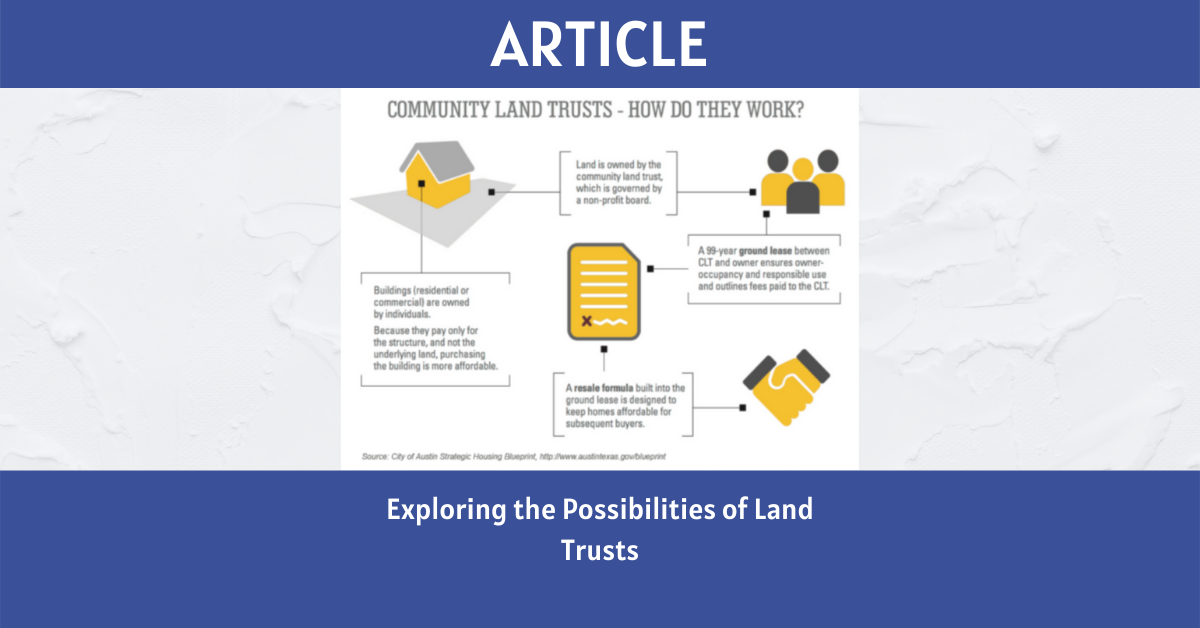Bankers’ mate Jim Chalmers trashes Curtin and Chifley’s greatest legacy
Treasurer Jim Chalmers has committed to dumping the policy for which “old Labor” legends John Curtin and Ben Chifley fought hardest— democratic control of the central bank and the banking system.
Chalmers, who calls Australian Banking Association CEO Anna Bligh his “confidante”, yesterday said he would legislate to implement all recommendations of the RBA Review, including the first one which says “The government should remove the power of the Treasurer to overrule the RBA’s decisions.”
This should be deeply shocking to any true Labor Party person who knows their party’s history, and to any Australian who knows their nation’s history.
Curtin and Chifley
The power that Chalmers has committed to remove is the principle for which the Australian Labor Party fought a pitched battle against the banks in the 1930s.
The fight started in the depths of the Great Depression, when Australian households were suffering under more than 30 per cent unemployment.
In 1930, Labor Prime Minister James Scullin’s Treasurer Ted Theodore turned to the government-owned Commonwealth Bank, which a little over a decade earlier during the first world war had shown, spectacularly, its power to massively boost Australia’s economy with investments in local infrastructure and Australia’s industries.
Theodore directed the Commonwealth Bank to issue £20 million in new notes: one third to lend to farmers; two-thirds to spend on public works to create jobs for the unemployed.
Australia’s currency supply had contracted significantly in the previous few years, which is why the depression was so deep; Theodore’s proposed “fiduciary” note issue would have started to reverse that.
As Smith’s Weekly reported on 4 October 1930, the Governor of the Commonwealth Bank, Sir Robert Gibson, replied to the directive:
“Mr Prime Minister and members of the Cabinet, you ask me to inflate the currency by issuing another 20 millions of notes. My answer is that I bloody well won’t.”
Gibson’s defiance was shocking—how could the manager of the bank refuse to follow the orders of the government which owned the bank?
It raised the question: Who was really in charge of the financial system?
Continue reading




